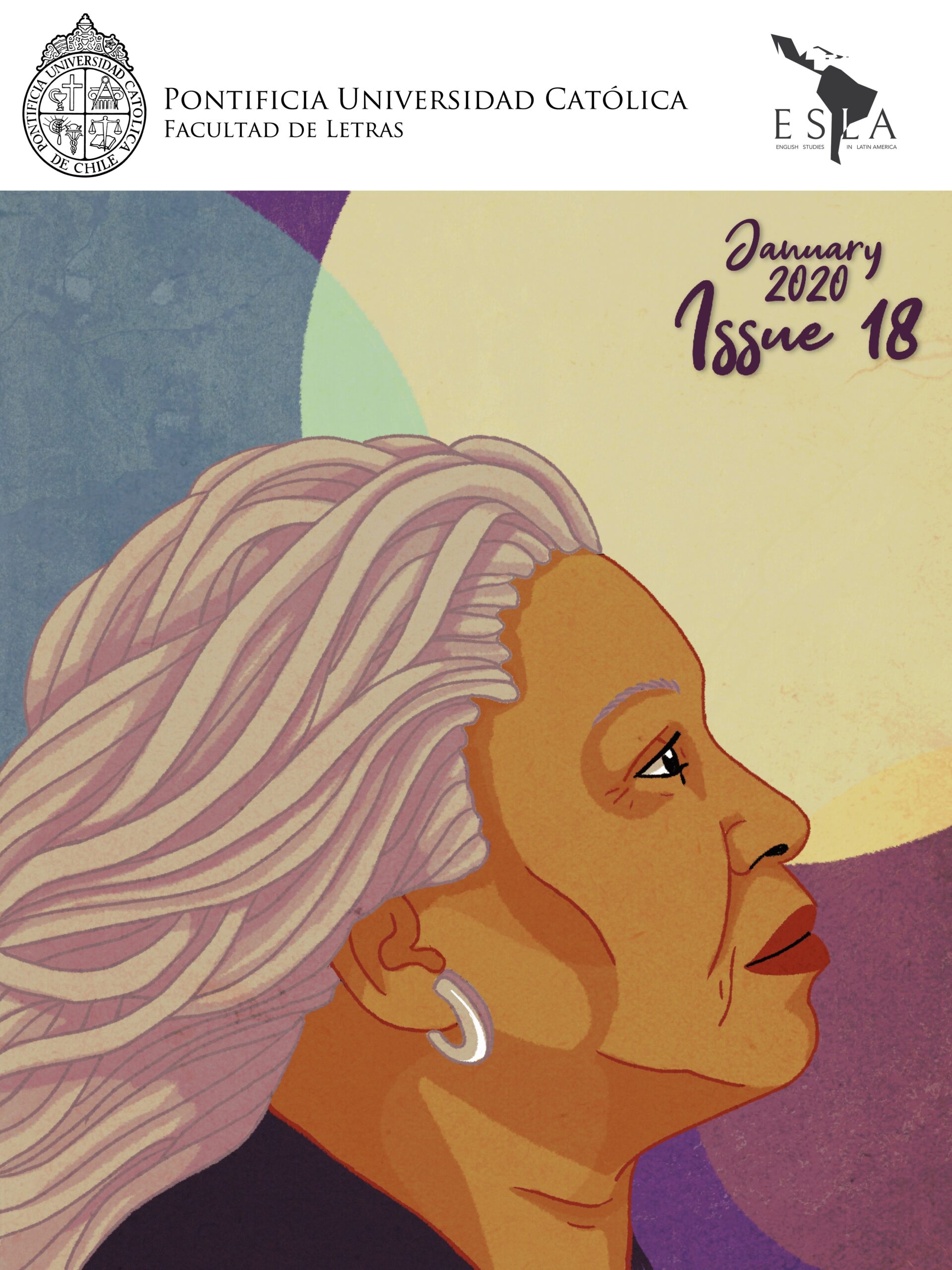Toni Morrison’s Beloved: Not a Single Story
DOI:
https://doi.org/10.7764/ESLA.61103Keywords:
Single Story, Beloved, History, FeminismAbstract
This paper highlights the skeptical narrative treatment of history in Toni Morrison’s novel Beloved (1987). My argument builds on the main concepts of narrative hegemony, power, and resistance through multiplicitous and authentic storytelling as described by Chimamanda Ngozi’s book and Ted Talk The Danger of a Single Story applied to the novel. Ngozi’s concept of the danger of a single story maintains that there is a kind of discourse behind the homogenisation of history; that discourse of relying on only one version of the past. I analyse how the danger of telling and believing a single story can be seen through Toni Morrison’s characters’ personal voices and narrative resources such as storytelling. I use the following ideas from Ngozi for this purpose: stories are incomplete, stories can heal, and stories exist because of power; power over history, and power over women. This paper, thus, seeks to analyse and illustrate the multiplicity of stories and voices within history by examining Toni Morrison’s Beloved.
Downloads
Downloads
Published
How to Cite
Issue
Section
License

This work is licensed under a Creative Commons Attribution-NonCommercial-NoDerivatives 4.0 International License.


